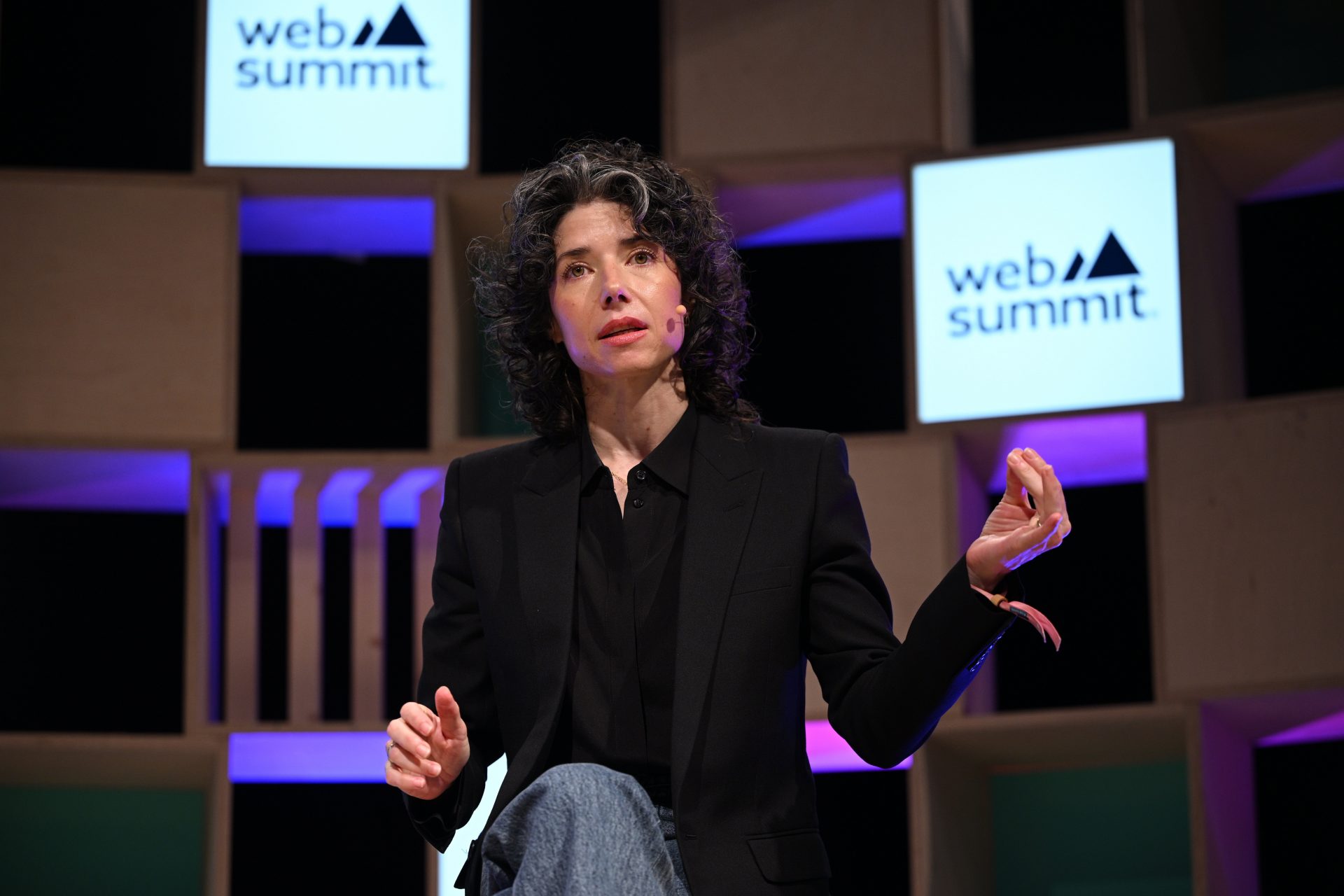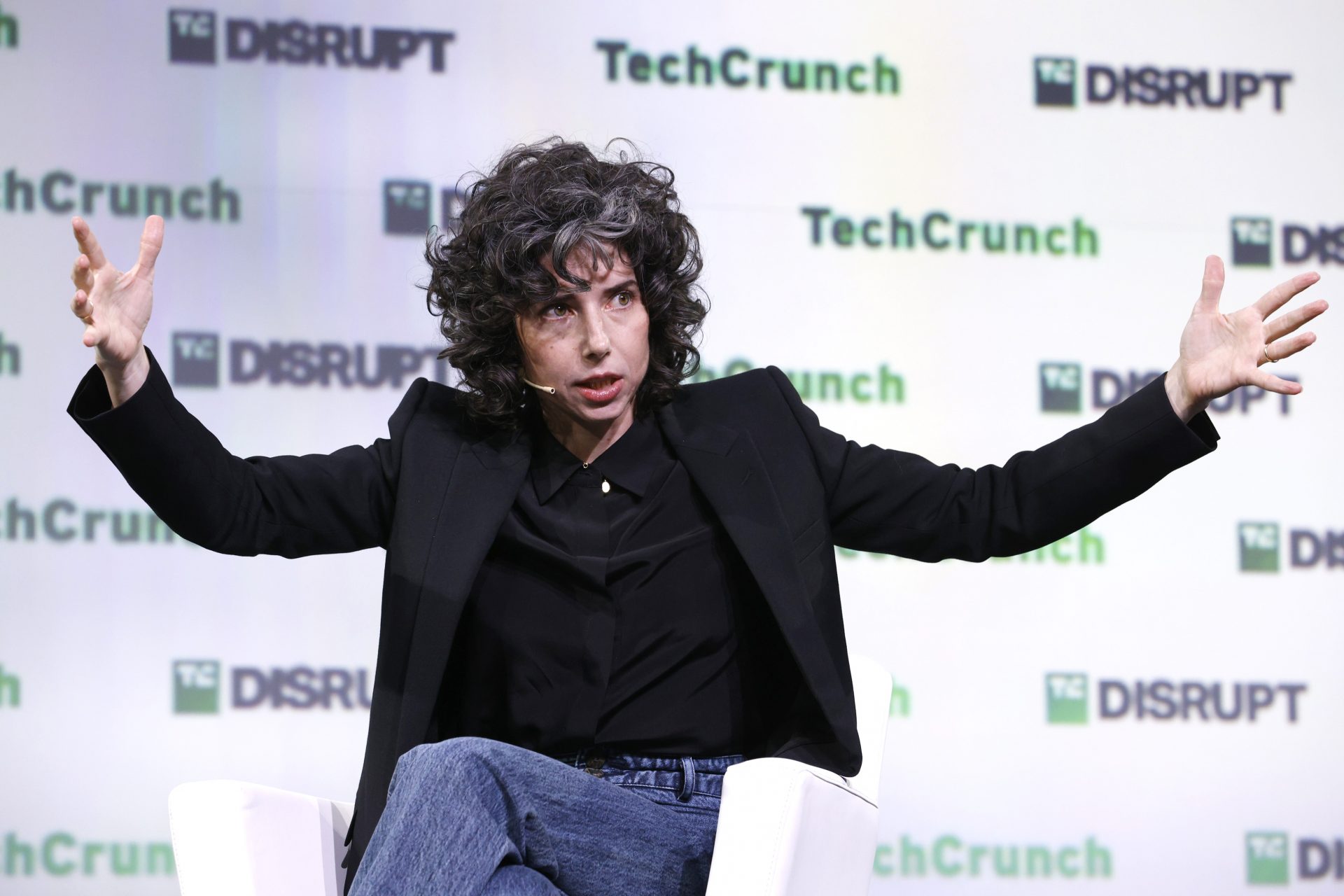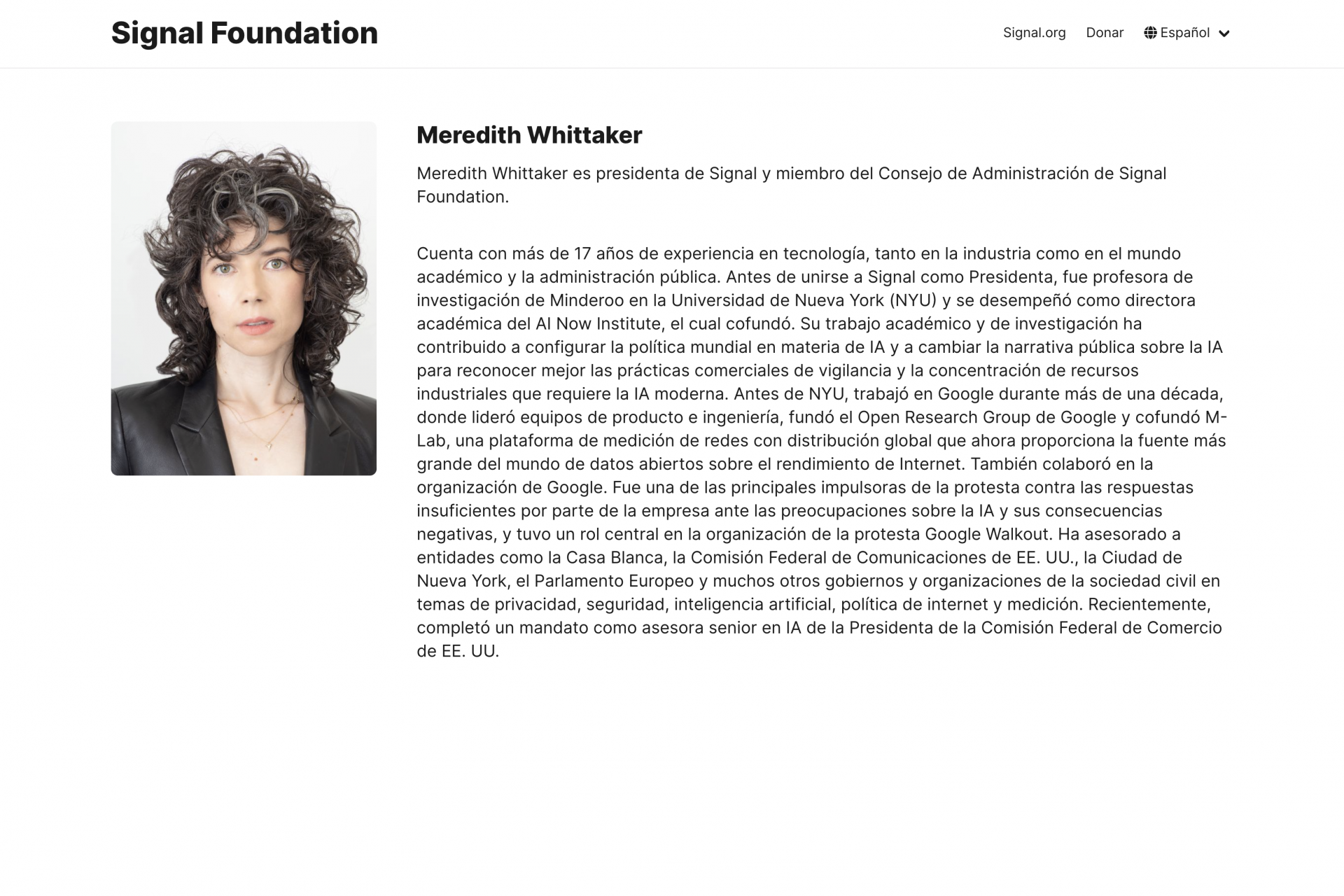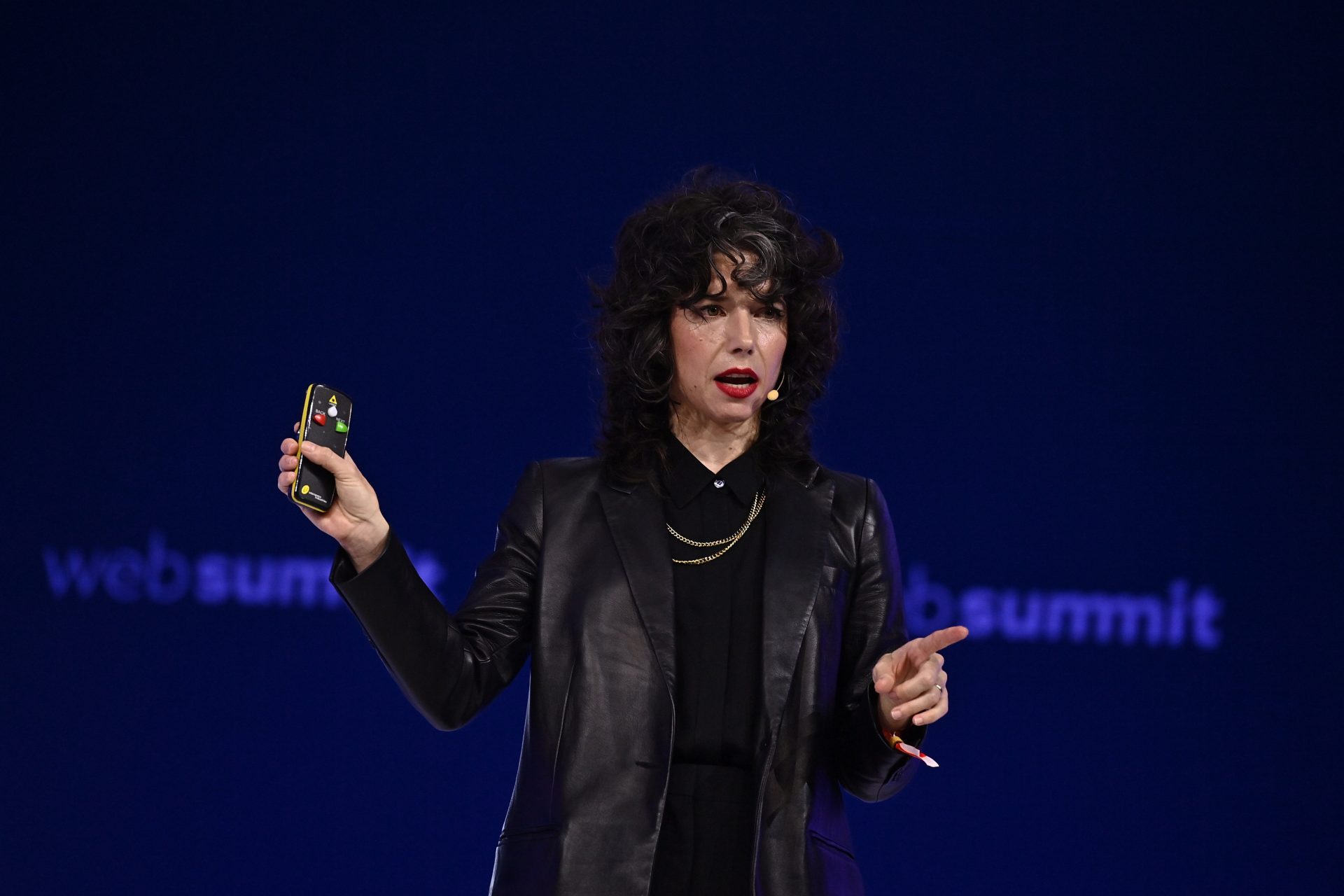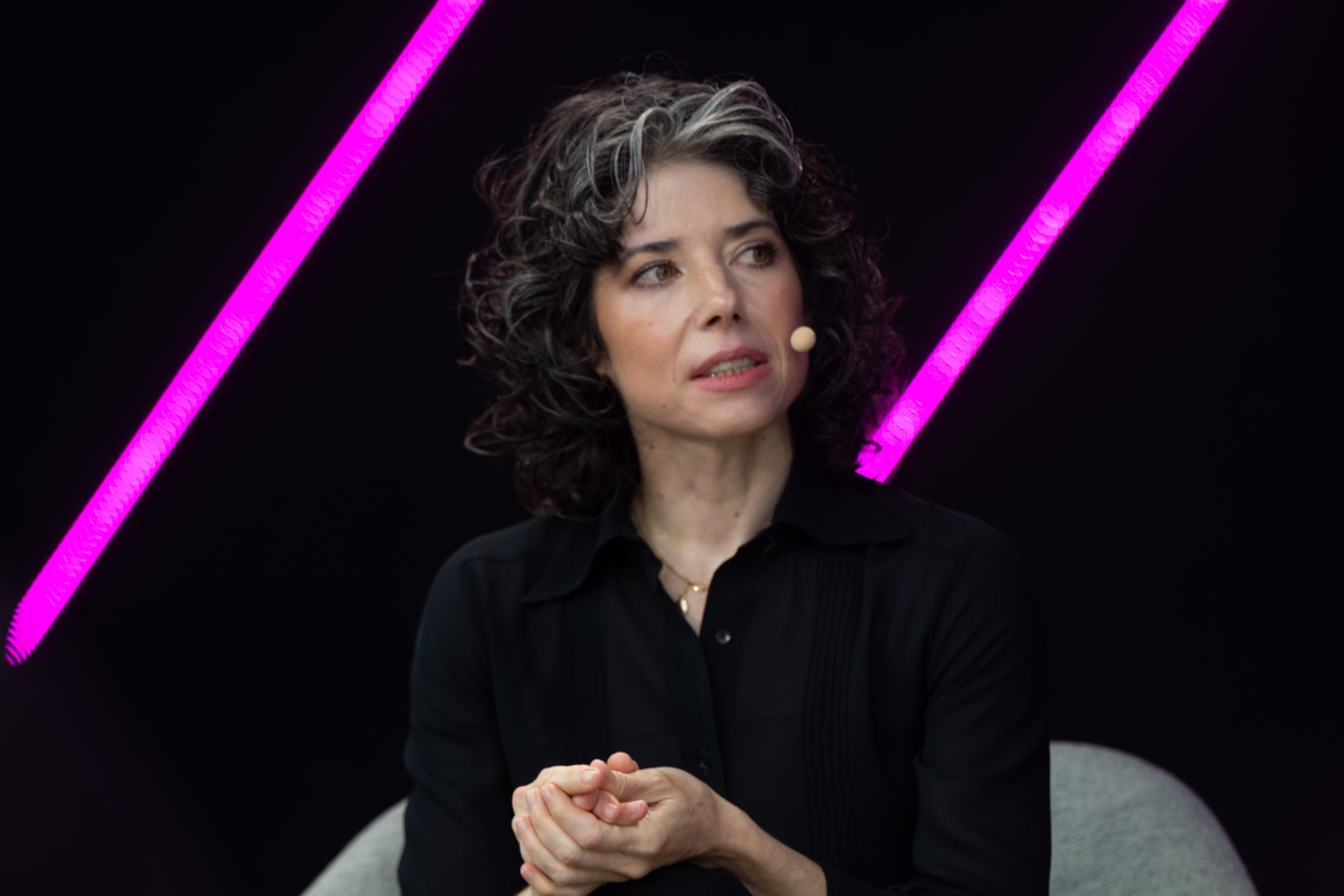Meredith Whittaker, from working for Google to challenging Big Tech's business model
Meredith Whittaker started at Google as an operator and went on to create an open-source research group there. She spent 13 years in the company but now fights against the business model that made it grow.
Meredith Whittaker's most impactful move at the company was a walkout she led in 2018. According to the New York Times, she mobilized 20,000 employees to protest the company's bid for a military contract.
At that point, she told Wired, she thought, "I can’t make my reputation and my money on offering an analysis of why this might be bad without actually pushing back using a little bit more muscle."
Photo: Unsplash - Greg Bulla
She quit the company not long after that. "I was becoming sensitized to the problems with surveillance [...] and the problem with that concentrated power," she told the magazine.
Meredith Whittaker's great advantage was her ability to combine her technical knowledge, years of experience at a company like Alphabet, and social conscience.
Photo: Unsplash - Nathana Reboucas
Before leaving the company, she co-founded the AI Now Institute and became a vocal critic of the models of AI development. She also led research into AI's ethical and social implications.
Ms. Whittaker sees the current AI craze as a product and tool of "surveillance capitalism," in which companies base their business models on collecting users's data.
That background makes her the embodiment of the institution she now represents: Signal. A non-profit focused on privacy and encrypted messaging.
Photo: Signal Foundation
Unlike similar apps like WhatsApp, which bases its business model on collecting metadata, the non-profit's messaging service prevents the collection of user data.
She told Wired that Signal's model is "proof that we can do things differently, that there’s nothing natural about the paradigm that exists."
In that sense, she wants to expand that view into an ecosystem of organizations that will challenge the control of larger companies in the sector.
Photo: Unsplash - Pawel Czerwinski
"I think we will see that model take off enough that it’s common sense to not talk about tech as Big Tech but about a much more heterogeneous landscape," she told the magazine.
More for you
Top Stories



